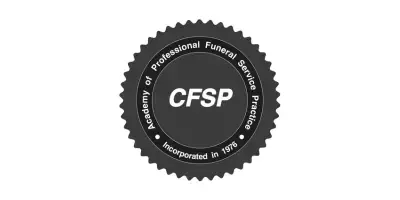Tips for New Managers in Canada: Breaking Through Mental Barriers in Delegating Responsibilities
Delegation is a crucial skill for Canadian managers at all levels. Yet, for newly appointed leaders, the act of delegating tasks can be intimidating. Knowing which tasks to delegate and when to do so is a leadership skill that requires practice and growth over time. New managers often find it challenging to transition from doing the work themselves to leading others. However, leadership roles come with increased complexity and demand time and attention. To free up time for important tasks, leaders of Canadian organizations must overcome mental obstacles hindering effective delegation. There are various reasons why managers may struggle with delegation.
Below are three common mindsets that act as barriers to effective delegation:
Barrier 1: The Belief That I Can Achieve Better Results Single-Handedly.
Many leaders of organizations in Canada encounter this mental obstacle when it comes to delegation. Often, managers are promoted based on their exceptional performance, leading them to have confidence in their abilities and experience. As a result, they may struggle to relinquish the work responsibilities in which they previously excelled. Another concern for new managers is the fear of losing control over a task or project, as they remain ultimately accountable for its outcome. These managers hesitate to delegate tasks, lacking trust in their employees' ability to deliver the desired results.
To overcome this hurdle, managers of Canadian organizations need to embrace their new role and recognize their responsibility towards the employees they lead. Exceptional leaders provide their teams with opportunities to learn and grow in their positions. Instead of solely relying on themselves, managers should support employees in developing new skills as part of their professional advancement.
Barrier 2: Communicating My Expectations to Employees is Time-Consuming.
Living in a world of constant urgency, with never-ending to-do lists and frequent disruptions, is a reality we all face. New managers often make the mistake of believing that it is quicker to personally handle a task rather than taking the time to explain it to an employee. However, this approach lacks long-term effectiveness.
To overcome this challenge, Canadian managers need to undergo a mindset shift. Instead of solely focusing on the short-term inconvenience, they should consider the broader perspective. Leadership training requires time, but it is a worthwhile investment. Initially, it allows employees to develop their skills and abilities, and subsequently, it frees up time for managers to concentrate on other responsibilities.
Delegation is a crucial component of effective time management, both for employees and managers in Canada. By delegating tasks, managers enable employees to improve their time management skills while also trusting their team to deliver quality work. Although it may initially feel time-consuming, relinquishing responsibility for these tasks ultimately grants managers more time to focus on higher-priority work.
Barrier 3: Assigning my team more work makes me feel guilty.
New managers in Canada may experience a sense of guilt when assigning additional tasks to their team. This feeling can arise from various factors, such as the manager's recent promotion, where they may still be accustomed to working alongside their team rather than delegating. Alternatively, they may be aware that their employees already have lengthy to-do lists and worry about increasing their workload.
To overcome this challenge, managers should focus on enhancing their delegation skills. Effective delegation is not about burdening others with excessive work; it involves allocating tasks to the appropriate level. New managers in Canadian organizations can benefit from involving their teams in reviewing roles and responsibilities to foster empowerment and support.
Developing the ability to delegate effectively requires practice, and it is natural to encounter some discomfort along the way. However, new managers should be compassionate towards themselves and recognize that overcoming mental barriers to delegation requires effort and intention as they continue to grow in their managerial abilities.
Interested in a free Leadership Skills Workshop with your team?
- Address instantly fixable issues that impact customer perceptions and employee morale.
- Learn and practice a habit that will raise employee performance.
- Set actions with specific and measurable steps that they'll gladly be accountable to achieve.











